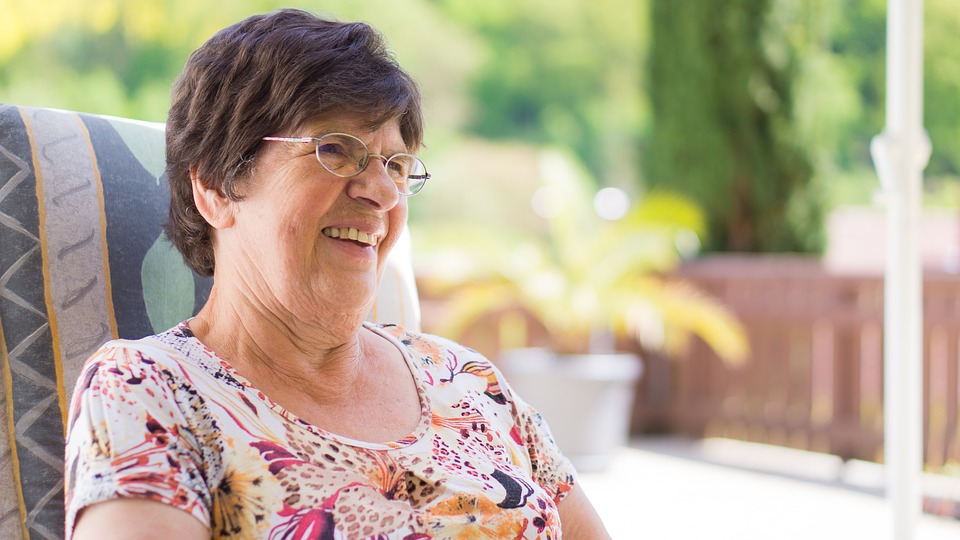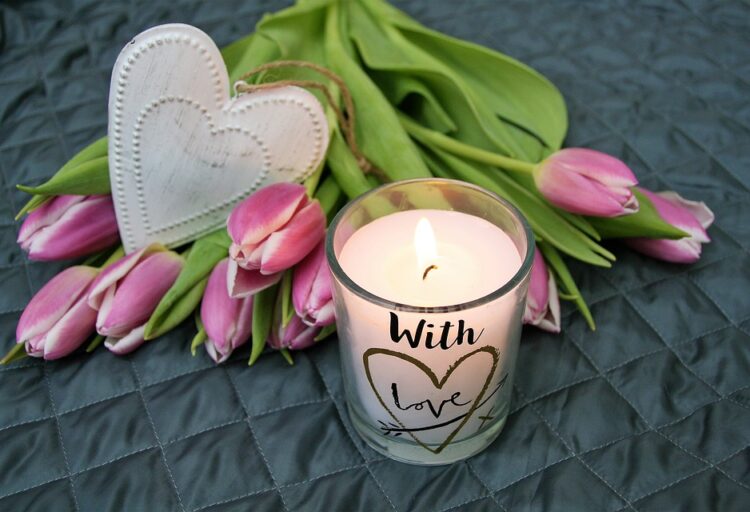Today, I’m talking about dementia – in the UK alone there are 850,000 people with dementia, and this number is set to double by 2025 and triple by 2050. Out of every six people over the age of 80, one has dementia, with 70% of people living in care homes have dementia. Dementia also affects younger seniors, with over 40,000 people under 65 suffering from dementia in the UK. Did you know that dementia is one of the leading causes of death in later life, ahead of cancer, heart disease, and stroke?
Wondering what exactly dementia is? It describes a range of different brain disorders that trigger a loss of brain function, with these conditions being progressive – meaning that they get worse over time. The most common symptoms of dementia being memory loss, confusion, and trouble communicating.
The most common type of dementia is Alzheimer’s Disease, which affects 62% of dementia sufferers. While vascular dementia affects 16% of sufferers, and mixed dementia affects 10%, the other 12% of dementia sufferers are not diagnosed with one specific type of dementia.
I’ve lost two grandparents to dementia; my maternal grandmother to Pick’s Disease and my paternal grandfather to Alzheimer’s Disease. I miss them both every single day, but as life continues to go on, so must I. They may not be here anymore but when it comes to dealing with dementia, I understand all too well what it’s like.
I remember my mother and grandfather fighting the doctors to find out what was wrong with my grandmother, who had gone from being her usual happy self to someone obsessed with following the moon – she was terrified it had disappeared. The doctors said she was depressed, but we knew that wasn’t the case, there was something else wrong, we just didn’t know what. It took months and a lot of pushing but eventually, we were given the diagnosis of dementia, and then after a trip to St James’ hospital in London, a diagnosis of Pick’s Disease specifically. We were told there was no cure, no treatment, just palliative care, we were also told that the disease itself wouldn’t take her from us but her weakened immune system would, and they were right.
Once we knew what was wrong with my grandmother, it was easier to take care of her. My grandad and mum refused to have her put into a care home and instead chose to care for her themselves, with help from home carers and respite care. My mother and grandfather bought her a range of care products to make life easier, and found new ways to keep her occupied, such as by buying her a canary to talk to – she loved this.
The NHS offers a home-visit carer’s service where a carer will come into your home once a day or a few times a week to help out, this could be to help with bedtimes, mealtimes, or medication giving. This was a service we found very useful, as it took some of the pressure off my grandad and made life easier for us as a family.
My grandma would also attend day care two times a week where she would have the opportunity to mingle with other dementia sufferers, take part in activities that helped to stimulate her, like art therapy, for instance. She loved her time here; it kept her busy and happy.
Over a period of a couple of years, my grandma’s health deteriorated. Her dementia got worse and she needed more help with everyday tasks. My grandfather had to invest in specialist care products for her, to make her day to day life easier. She needed more help from carers. She became a little less like herself every day.
When she eventually passed away due to an infection, the whole family was devastated. Just because she’d been unwell for so long, it didn’t mean that losing her for good wasn’t incredibly painful. Some people said it was a blessing, that she was at peace now – that didn’t stop us missing her every single day. Today, 13 years on, and as a family, there is a grandma shaped hole – it will always be there.
She was only 63 years old when she passed away, which according to the doctors meant that she had early onset dementia, as usually dementia sufferers tend to be older.






Leave a Reply